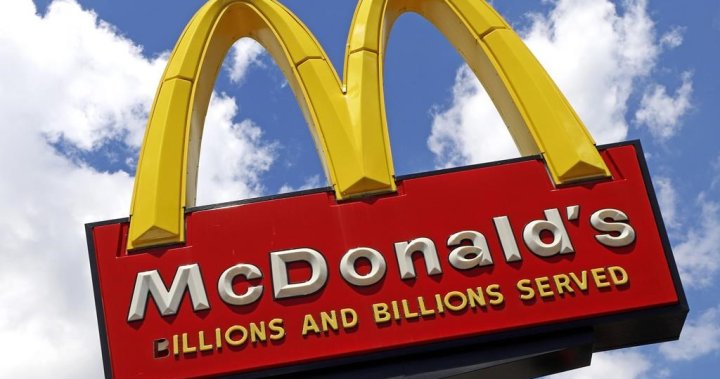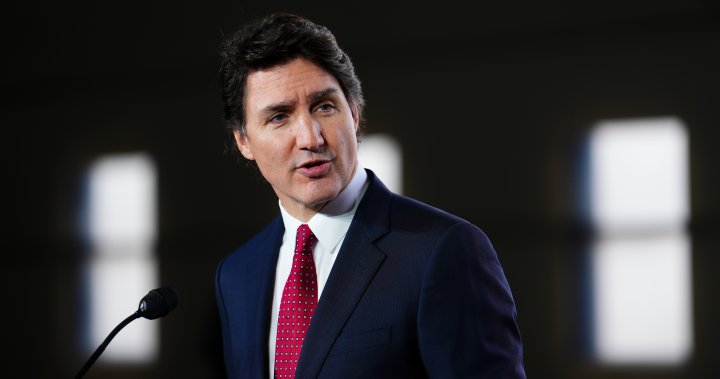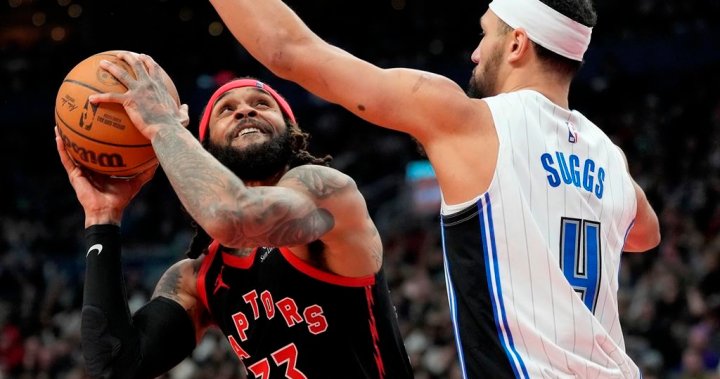Following an E. coli outbreak linked to McDonald’s Quarter Pounders in the United States, the fast-food giant faces its first lawsuit related to the incident, alleging negligence in food safety practices.
On Wednesday, the Texas-based food safety law firm Ron Simon and Associates announced the filing of the first McDonald’s E. coli lawsuit on behalf of Colorado resident Eric Stelly. The lawsuit was filed in Cook County, Ill.
The lawsuit comes days after the U.S. Centers for Disease Control and Prevention (CDC) said an E. coli outbreak linked to McDonald’s Quarter Pounder hamburgers has killed one person and sickened nearly 50 others, across 10 states.
The CDC on Wednesday also said the actual number of impacted individuals is likely much higher, and it expects to see more cases.
The initial findings from the investigation indicate that a subset of illnesses may be linked to slivered onions used in the Quarter Pounder, McDonald’s said in a Tuesday statement.
McDonald’s pulled the Quarter Pounder from its menu at McDonald’s locations in Colorado, Kansas, Utah and Wyoming, and in parts of Idaho, Iowa, Missouri, Montana, Nebraska, Nevada, New Mexico and Oklahoma.
The lawsuit alleges that on Oct. 4, Stelly purchased and ate food from a McDonald’s in Breely, Colo. Two days later, he began experiencing gastrointestinal symptoms such as nausea, stomach cramps, nausea and dehydration, as well as bloody stools, it stated.

E. coli infections are caused by E. coli bacteria, which can be spread through contact with infected people, animals or contaminated surfaces, foods or liquids, according to Health Canada. The bacteria can produce toxins that cause symptoms such as stomach cramps, bloody diarrhea, vomiting and, in severe cases, kidney failure.

Get weekly health news
Receive the latest medical news and health information delivered to you every Sunday.
On Oct. 8, the lawsuit said, Stelly sought medical attention at the local hospital, where doctors took a stool culture. It was found to be positive for E. coli.
His physician also referred him to specialists at the Centers for Gastroenterology to determine the extent of his illness. A few days later, the Weld County Department of Public Health contacted Stelly regarding his E. coli diagnosis. The health department confirmed Stelly was sick because of the McDonald’s E. coli outbreak, the lawsuit stated.
Stelly is still recovering from the food poisoning, it added.
The lawsuit then claims McDonald’s is liable for manufacturing, distributing and marketing of “defective and unreasonably dangerous products and introducing them into the stream of commerce.”
Stelly is seeking damages of US$50,000.

“The McDonald’s E. coli Outbreak will be one of the most significant food poisoning outbreaks this year,” said Ron Simon, the attorney representing Stelly and at least 10 other people in the outbreak.
“Through this lawsuit and others, we will make sure that all of the victims are fully compensated for their losses, that their voices are heard, and that McDonald’s and its suppliers permanently fix the health violations that caused the food to become contaminated with E. coli,” he said in a Wednesday media release.
In response to the outbreak, McDonald’s said it has taken steps to proactively remove slivered onions, which are used on Quarter Pounders in restaurants in select states.
“It is important to note that the majority of menu items are not affected. Other beef products at McDonald’s including the cheeseburger, hamburger, Big Mac, McDouble, and the Double Cheeseburger are not impacted,” McDonald’s U.S. president Joe Erlinger said in a Tuesday video statement.
© 2024 Global News, a division of Corus Entertainment Inc.





